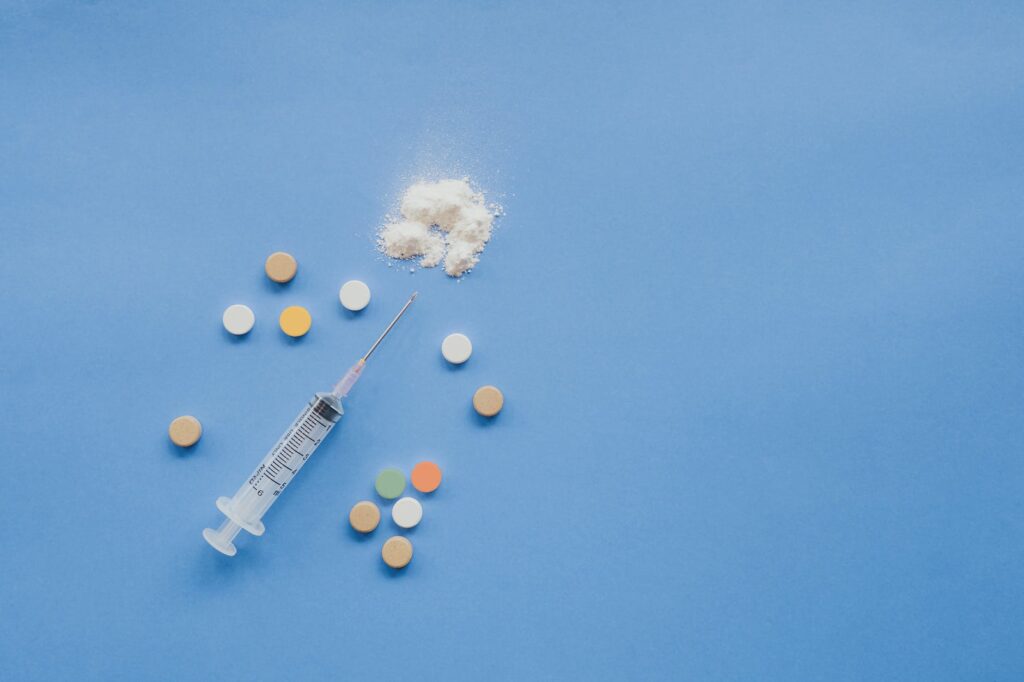
Introduction
Substance abuse and mental health disorders are often related. In fact, according to the National Institute on Drug Abuse (NIDA), about 50 percent of people who have a substance use disorder also experience a mental health disorder at some point in their lives.
Mental Health and Substance Abuse
Say’s Dr. Charles Noplis, Mental health disorders and substance abuse often go hand in hand. In fact, the National Institute of Mental Health reports that one in four adults in the US will experience some form of mental illness during their lifetime.
What is mental illness?
Mental illness is a medical condition that affects your mood, thinking and behavior. It can be mild or severe, temporary or long-lasting.
There are many different types of mental illnesses. Some examples include depression, anxiety disorders (such as obsessive compulsive disorder), schizophrenia and bipolar disorder (manic depression).
Mental health problems often occur together with physical health problems such as chronic pain or substance abuse issues; however, it’s important to know that these are two separate issues–mental illness does not cause substance abuse problems; it’s just one factor contributing to them.
What causes mental health disorders?
In addition to genetics, there are numerous environmental factors that can contribute to a person developing a mental health disorder. These include:
- stressful events or situations, such as the death of a loved one or losing one’s job
- lack of social support, isolation and loneliness (which can lead to depression)
How is the brain affected by mental illness?
The brain is the organ that makes us who we are. It’s made up of neurons, or brain cells, that communicate with each other through neurotransmitters. Neurotransmitters are chemicals released by neurons when they send messages to each other–and these messages control how we think, feel and behave.
Neurotransmitter imbalances can cause mental illness: When there’s too much or too little of one type of neurotransmitter in your brain (for example, serotonin), this imbalance can lead to depression or anxiety disorders like OCD (obsessive-compulsive disorder).
Mental health and substance abuse often go hand in hand.
Mental health and substance abuse disorders are often linked. It’s estimated that one in five adults in the United States will have a mental illness at some point in their lives, and it’s possible that many of these individuals also struggle with substance abuse problems.
Substance abuse has been shown to be a risk factor for developing mental health conditions such as anxiety or depression, while mental health problems can lead to increased rates of substance abuse. In other words, there are two ways that these two issues may interact: either drugs or alcohol could cause symptoms of mental illness (which would lead you straight into rehab), or they might worsen an existing condition (like schizophrenia).
Conclusion
The connection between mental health and substance abuse is complex and often misunderstood. There are many factors that can contribute to the development of a mental illness, including genetics, environment and stressors in life. Mental disorders can also make it more difficult for individuals to deal with addiction or recovery from drug use because they may already have low self-esteem or poor coping skills. However, there are resources available that can help people who suffer from these conditions get better treatment options than just relying on medication alone such as therapy sessions with trained professionals who specialize in treating both types of illnesses together